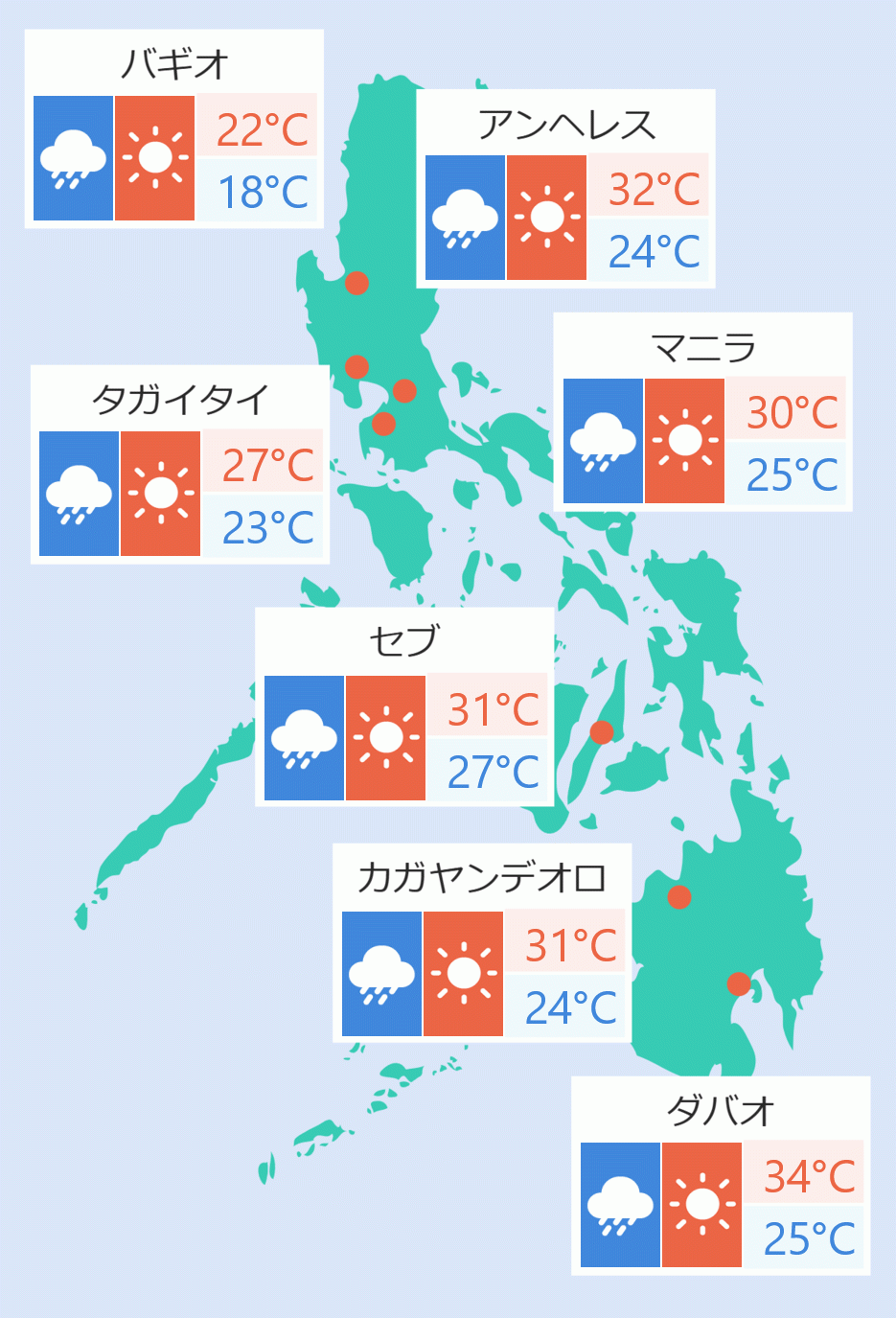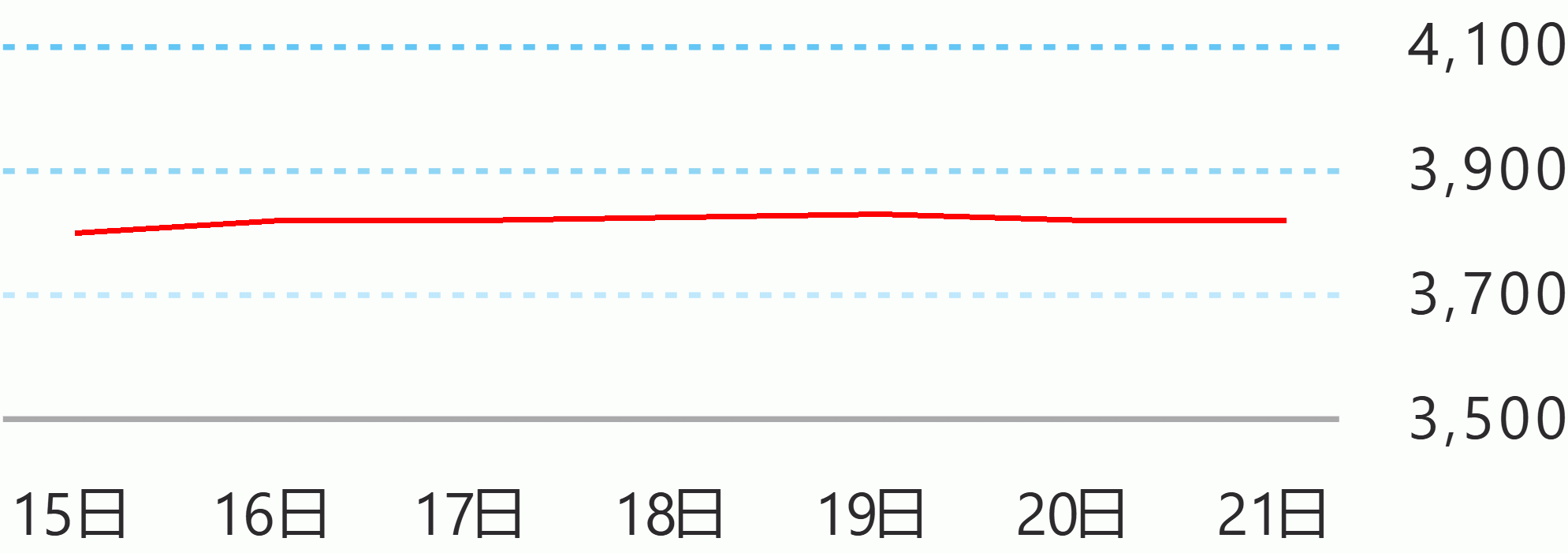The Department of Finance (DOF) has led intensified climate action initiatives in 2023 amid escalating challenges of global warming.
In January, the DOF and the Agence Francaise de Developpement (AFD) had a ceremonial exchange of loan agreement following the signing of the EUR 150 million (about P 9.11 billion) policy-based loan for the Climate Change Action Program, Subprogram 1 (CCAP1) to help the Philippines heighten its efforts to mitigate and adapt to climate change.
The AFD and the Asian Development Bank (ADB) are supporting the Philippines' ambitions to scale up its climate action with a combined policy-based loan amounting to EUR 390 million (about P23.7 billion), including the EUR 150 million (about P9.1 billion) mobilized by AFD in addition to the $ 250-million (about P 13.9 billion) loan extended by the ADB for the CCAP1.
The program aims to support the country in achieving its Nationally Determined Contribution (NDC) commitments and in its efforts to assist vulnerable sectors in the transition to a resilient, low-carbon economy.
In March, the Green Climate Fund (GCF) Board approved the Adapting Philippine Agriculture to Climate Change (APA) Project amounting to $39.2 million (about P2.2 billion), financed by the GCF through a grant of $ 26.3 million (about P1.5 billion) and Philippine government co-financing of $ 12.9 million (about P718.8 million).
The Project builds on the Adaptation and Mitigation Initiative in Agriculture (AMIA) led by the Department of Agriculture (DA) through activities that will help the country shift towards a climate-resilient agricultural system and increase climate resilience in rural areas.
The People’s Survival Fund (PSF) Board, chaired by Diokno, approved grants totalling P 579 million in 2023 in order to help LGUs pursue their climate adaptation projects.
President Ferdinand Marcos, Jr. officially presented the PSF Resolutions approving the historic amount of over P 541 million for newly approved climate adaptation projects to LGU beneficiaries in December.
The approval of the said new projects brought the total number of PSF-funded projects to 11 climate adaptation initiatives and 6 projects for the Project Development Grants (PDGs), amounting to a combined P889.6 million. This increased the PSF’s utilization rate to 89 percent.
In November, the World Bank (WB) approved a $ 500-million (about P 27.9 billion) development policy loan that the Philippine government can immediately draw upon in times of natural disasters and health crises, mitigating their impact on the economy.
In the same month, the Philippines, through the DOF, was formally inducted into the Board of the Vulnerable 20 Group of Finance Ministers (V20) - Group of Seven (G7) Global Shield Against Climate Risks.
Global Shield Against Climate Risks aims to make considerable progress towards providing and facilitating more and better pre-arranged protection against climate and disaster-related risks for vulnerable countries.
Furthermore, the government has actively implemented fiscal and economic policies to attract more sustainable investments in the country such as the Corporate Recovery and Tax Incentives for Enterprises (CREATE) Act, the Strategic Investment Priority Plan (SIPP), the Sustainable Finance Roadmap, the Energy Efficiency and Conservation Act, the Renewable Energy Act, and the Philippine Green Jobs Act.
With the Marcos administration’s ambitious Build Better More program, the government is heavily investing in 197 high-impact, sustainable, and climate-resilient infrastructure projects through a financing mix of domestic resources, official development assistance (ODA), and public-private partnerships (PPP).
Through the Inter-Agency Task Force on Sustainable Finance (ITSF) or “Green Force”, the DOF is building a sustainable finance ecosystem to synergize public and private sector investments.
Upon launching the Sustainable Finance Framework last year, the Philippines successfully issued 4 sustainable global bond offerings amounting to US$ 3.55 billion (about P 197.9 billion).
The government has utilized the proceeds from the bonds to finance projects that support employment generation, access to essential services, COVID-19 expenditure, sustainable management of living and natural resources, renewable energy, and climate change adaptation.
The Bangko Sentral ng Pilipinas (BSP) and other financial regulatory agencies are developing principles-based Sustainable Finance Taxonomy Guidelines (SFTG), which will serve as a tool to determine whether an economic activity is environmentally or socially sustainable. This directs private sector investments towards climate change adaptation and mitigation (CCAM) initiatives.
The DOF has also been aggressively pushing for the passage of several environmental fiscal measures.
The proposed imposition of excise tax on single-use plastics (SUPs) is expected to curb plastic usage and generate additional revenues for the country’s development needs.
The proposed rationalization of the mining fiscal regime will capture the reasonable share of mining revenues without restricting mining investments.
Moreover, the DOF is exploring the implementation of a Motor Vehicle User’s Charge applicable to all vehicle types as well as the consideration of a carbon tax and carbon pricing instruments.
The DOF is also conducting a study, in partnership with the World Bank, on the feasibility of complementary implementation of a carbon tax and an emissions trading system. The carbon tax will put a price on greenhouse gas emissions, while an emissions trading system will fix the quantity of greenhouse gas emissions.
Just recently, the DOF championed the Philippines’ landmark initiatives for climate action and efficient mobilization of climate finance at the 2023 United Nations Climate Change Conference (COP28) from December 1 to 12, 2023 in Dubai, United Arab Emirates (UAE).
Diokno called for collective and decisive action from partner financing coalitions in catalyzing global public climate finance, thanking specifically the ADB for being a strong and reliable partner in the country’s fight against climate change.
At COP 28, ADB President Masatsugu Asakawa announced the Bank’s commitment to provide $10 billion (about P557.3 billion) in climate finance support for the Philippines from 2024 to 2029.
Aside from its support in mobilizing climate finance, the ADB is helping the Philippines develop its Nationally Determined Contribution Implementation Plan (NDC IP), which will be instrumental in facilitating a sound and robust climate finance ecosystem in the country.
Secretary Diokno also pushed for the urgent preparation of the New Collective Quantified Goal (NCQG) to sustain and enhance both the quality and quantity of climate finance.
He recommended setting up a five-year timeframe to ensure coherence in the overall climate action under the United Nations Framework Convention on Climate Change (UNFCCC).
To close the climate finance gap, Secretary Diokno advocated for the use of gender-responsive nature-based solutions, saying that the Philippines has made significant strides in integrating elements of gender-responsive climate action into its efforts.
He cited the PSF as a prime model for gender-responsiveness as it is managed by a multi-sectoral Board wherein women and girls are amply represented through the Philippine Commission on Women (PCW).
Moreover, its criteria for approval take into account the responsiveness of a project to gender-differentiated vulnerabilities to climate change.
The DOF is also co-implementing the Accelerating Green and Climate Finance in the Philippines for Nature-Based Solutions Project, which aims to increase the climate resilience of the Philippine population and economy by mobilizing private sector investments into gender-responsive nature-based solutions for climate-resilient technology, innovations, practices, and approaches. It was launched in 2022 with financial support from the Government of Canada.
The DOF also advocated for the digitalization of the payments system which can help unlock greater efficiency and more options for beneficiaries of social protection programs, citing the success of the Pantawid Pamilyang Pilipino Program (4Ps) that brought swift relief to affected sectors of the country through digital cash transfers.
Development partners that utilized the 4Ps’ digital payment platform testified to the significant reduction in their administrative and transaction costs.
The Marcos administration has put emphasis on pushing for more digitalized transactions in all government agencies, especially frontline offices like LGUs to provide seamless and accurate service to the Filipino people.
This is in line with the President’s 8-Point Socioeconomic Agenda on enhancing the digital economy and is laid out in the Philippine Development Plan (PDP) 2023-2028.
Finally, Diokno called for mobilizing blended finance to scale up climate action, saying that innovative sources of financing are needed to augment the increasing financing costs associated with climate action.
The Philippine delegation to the COP 28 was led by Department of Environment and Natural Resources (DENR) Secretary Ma. Antonia Yulo-Loyzaga.
COP28 is the 28th annual meeting of parties to the UNFCCC. The Parties are composed of the 198 countries that signed up to the original UN climate agreement in 1992. DOF Information Management Service





 English
English










